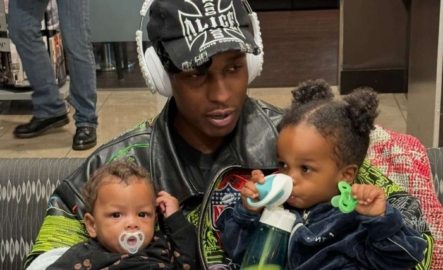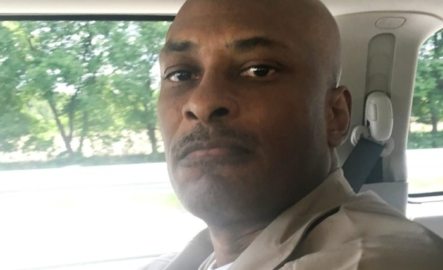Just three weeks before the presidential election, Nigeria’s President Muhammadu Buhari has suspended the country’s chief justice in what many have described as a constitutional crisis.
Buhari who is seeking a second term in the February 16 vote suspended the chief justice, Walter Nkanu Samuel Onnoghen on Friday, citing corruption allegations.
Onnoghen is facing charges for allegedly failing to declare his personal assets before taking office in 2017, reports AFP.
Per the laws of Nigeria, senior civil servants and government officials must disclose personal assets in a bid to fight corruption. Buhari has said his suspension will continue until the case is concluded.
Beyond the charges, “security agencies have since then traced other suspicious transactions running into millions of dollars” to Onnoghen’s accounts, the president said in a statement.

But the decision to suspend the chief justice has sparked uproar in Nigeria and across the world as it is deemed unconstitutional. The country’s constitution states that the chief justice can only be removed with the approval of the National Judicial Council and the Senate.
The Nigerian Bar Association has described the move as an “attempted coup against the Nigerian judiciary” while Senate president Abubakar Bukola Saraki said the president cannot act alone in a process that involves the three arms of government.
For others, Onnoghen’s suspension is politically motivated and this could undermine the credibility of the upcoming polls. Amid tensions and some security challenges, observers have raised concerns about possible election-related disturbances.
The chief justice, as the head of the judiciary, plays a key role in settling election disputes or any legal challenges to the polls. His suspension comes less than 24 hours before he was to swear in members of election tribunals, local reports said.
Onnoghen is the first chief justice standing trial in Nigeria. Buhari’s main political rival, Atiku Abubakar, has since called the move illegal and “an act of dictatorship” as opposition parties have paused campaigning in protest at the decision.
The United States and Britain have issued statements against the suspension, warning it could “cast a pall” over the vote in Africa’s most populous nation.
Britain said that “we are compelled to observe that the timing of this action, so close to national elections, gives cause for concern. It risks affecting both domestic and international perceptions on the credibility of the forthcoming elections.”
Justice Ibrahim Tanko Muhammed is currently acting as Nigeria’s most senior judge and has since inaugurated 250 members of the presidential and National Assembly elections. Like the president, Muhammed is from Nigeria’s Muslim north while Onnoghen is from the largely Christian south.
Nigeria’s February 16 election has two main contenders – Buhari and former Vice President Abubakar. Buhari who is seeking a second term was nominated by his party, the All Progressives Congress (APC) while Abubakar, 72, beat a host of others to lead the opposition People’s Democratic Party (PDP).
The two parties, which have become well-established in the country, have been providing Nigeria with all its presidents since the end of military rule in 1999.










